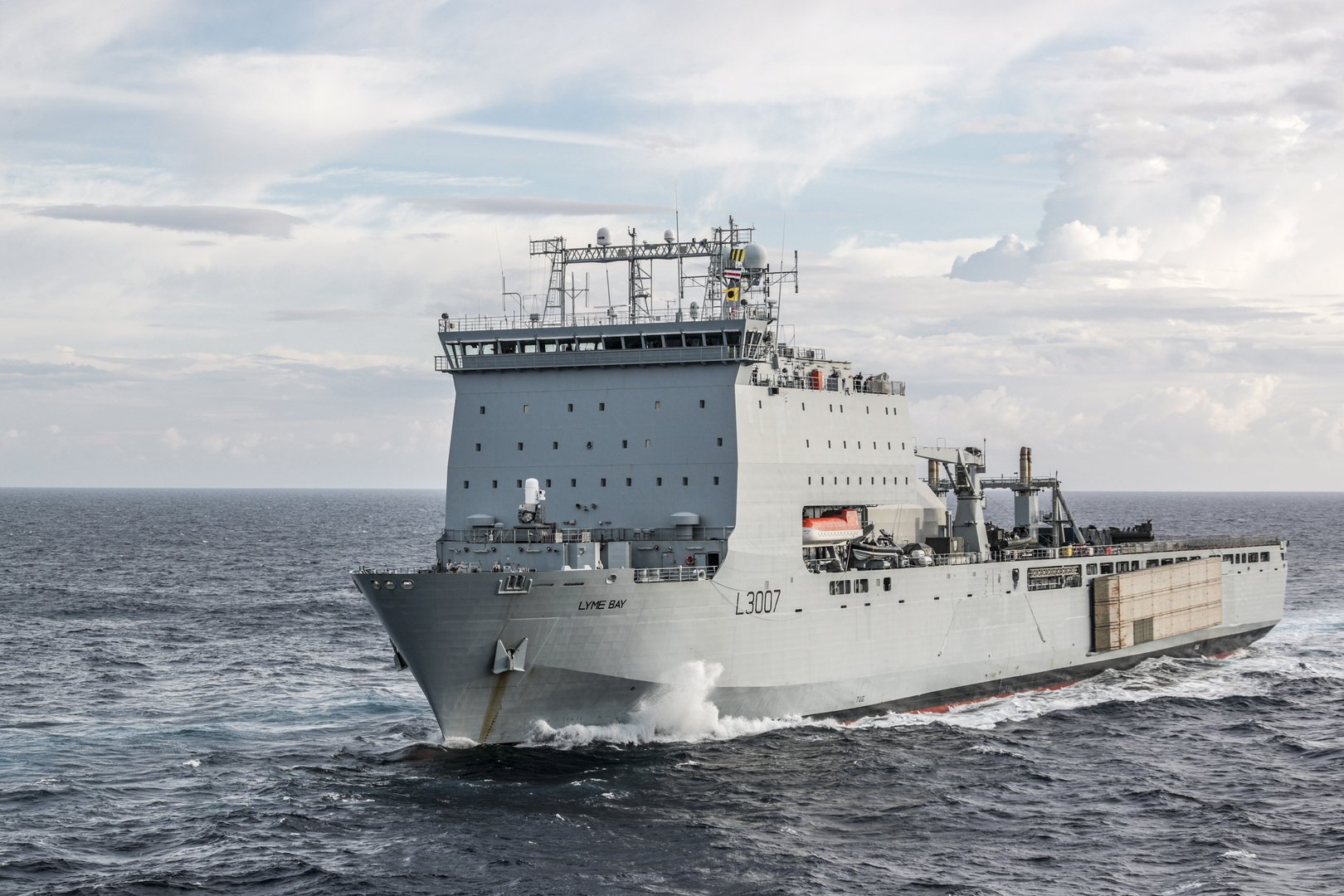The fate of the humanitarian aid to Gaza dispatched from Cyprus almost one week ago remained unknown on Saturday, as Greece’s foreign minister urged all parties involved to show understanding in enabling the humanitarian corridor to open.
Meanwhile, unverified reports appeared to show the RFA Lyme Bay ship containing the supplies had docked in Malta.
In the span of one week, the government’s position has shifted from lauding the shipment of the aid as the beginning of the humanitarian corridor, to avoiding any comments to the press, and finally Cyprus saying they were waiting for Israel to give the final approval allowing the British vessel RFA Lyme Bay to dock.
Sources close to the matter told the Cyprus Mail that the government had addressed all of Israel’s concerns and “very serious work” had been undertaken by Cyprus, with assistance from the UK.
Security inspections at Larnaca port had been carried out before the British vessel with humanitarian aid set off, and a “number of alternative docking points had been ready”.
What has caused the hold-up remains unclear, but Cyprus’ position has been that it is willing and ready to send the aid, but Israel must give the green light. The reasons that has not come through yet are still unclear.
Earlier this week, UK Foreign Secretary David Cameron said Britain was “pushing very hard” to ensure aid supplies reach Gaza, both through the reopened Kerem Shalom border crossing and possibly by sea.
Unconfirmed images posted to social media on Saturday morning, showed the RFA Lyme Bay arriving in Valetta, Malta.
Greece’s Foreign Minister George Gerapetritis said establishing the humanitarian corridor to Gaza is absolutely necessary. Speaking at a conference called ‘The war in Gaza and the Palestinian issue’ in Athens, he said a number of countries are working on a major operation to create a sustainable humanitarian corridor to the Middle East.
“There are multiple countries contributing, including Greece, with Cyprus as a hub, which is the closest country to the Middle East. And because of this proximity obviously it plays a very important role,” he said.
Although there have been huge efforts to this effect, all parties involved must show tolerance, and there must also be the necessary infrastructure.
A major obstacle lies in the fact that there are no safe structures in Gaza. “There is no port, and as a result it is not possible for a conventional ship to dock [therefore] warships are needed that can reach the beach.”
This, however, poses other security risks, he said, describing it as a “complicated exercise…but at this moment it is necessary to have this humanitarian corridor,” Gerapetritis stressed.







Click here to change your cookie preferences